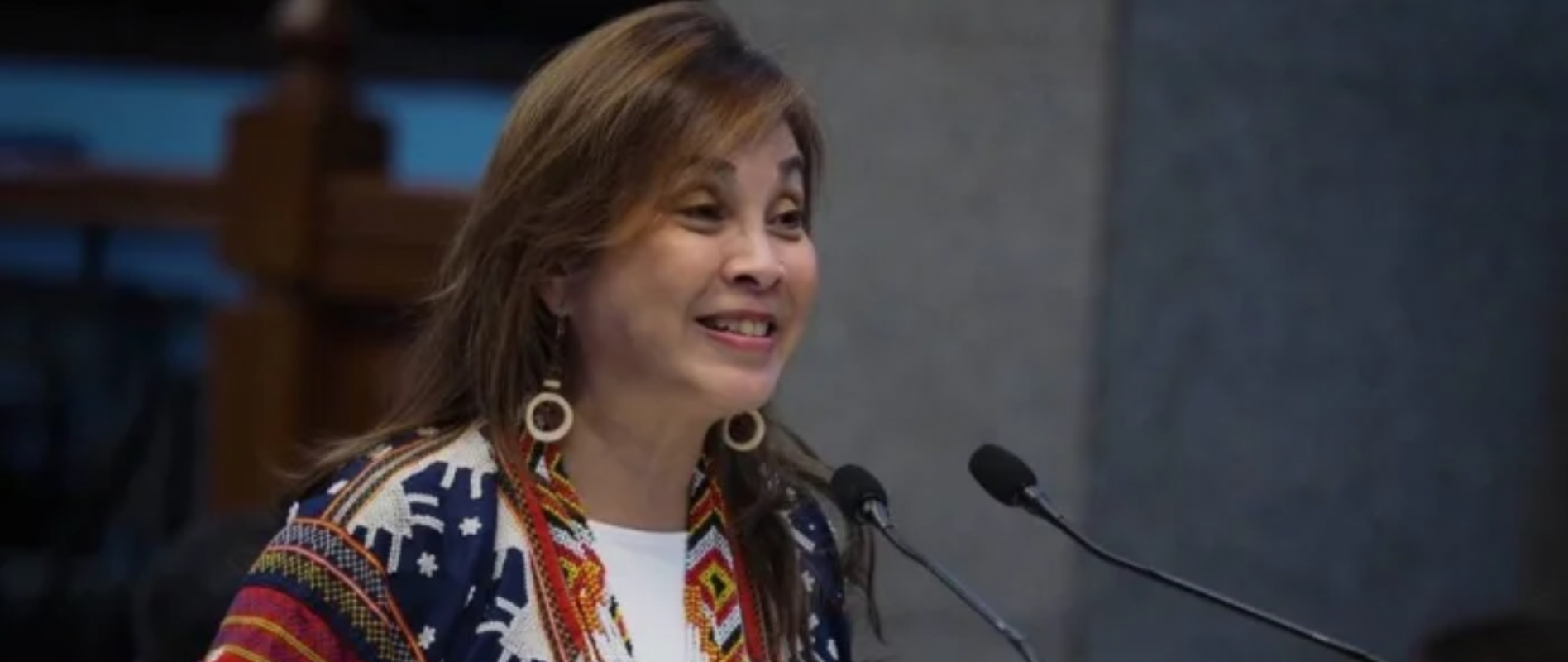SENATOR URGES PRIORITIZATION OF FOUNDATIONAL LEARNING
SENATOR Loren Legarda has called for immediate attention to strengthening learners’ foundational competencies, following data that 18.9 million Filipinos who graduated from the country’s basic education system between 2019 and 2024 are functionally illiterate.
This finding was revealed during a public hearing of the Senate Committee on Basic Education, chaired by Senator and EDCOM II Co-Chairperson Sherwin Gatchalian, based on the Philippine Statistics Authority’s presentation of the preliminary results of the 2024 Functional Literacy, Education and Mass Media Survey (FLEMMS).
“This is a painful indictment of our education system,” Legarda said.
“It reveals a systemic failure that shows us school attendance and graduation no longer guarantee genuine learning. When millions of learners complete their basic education without the ability to comprehend what they read, they are sent into the world unprepared, with nothing but a diploma that holds no real value,” she added.
The senator emphasized that foundational learning, as EDCOM II has consistently advanced, must be our top priority.
She explained that if a child cannot read or lacks foundational competencies by Grade 3, they begin to fall behind in every subject because all learning builds on the ability to understand and process text.
“Reading with comprehension is the cognitive engine that drives independent thinking, curiosity, and lifelong learning. It empowers children not only to answer questions but to ask the right ones and to navigate the world with insight and agency,” she explained.
Legarda warned that widespread functional illiteracy undermines inclusive growth, weakens workforce competitiveness in a rapidly evolving labor market, and deepens social inequality.
“An education system that produces graduates without comprehension skills cannot be expected to produce a workforce capable of competing, innovating, or engaging meaningfully in democratic life,” Legarda said.
“This failure not only robs individuals of opportunities but also dampens economic potential and erodes the foundations of participatory governance,” she added.














